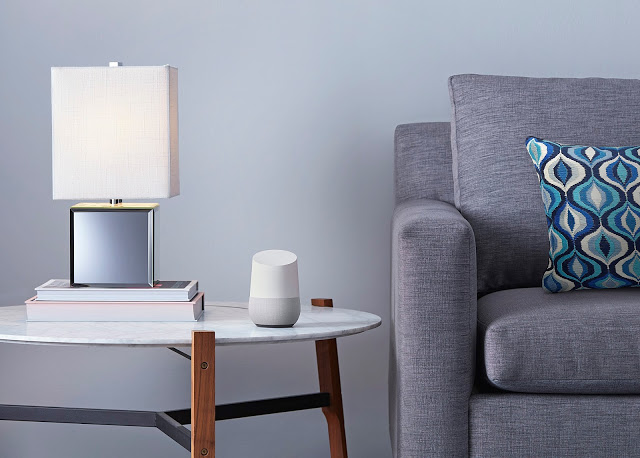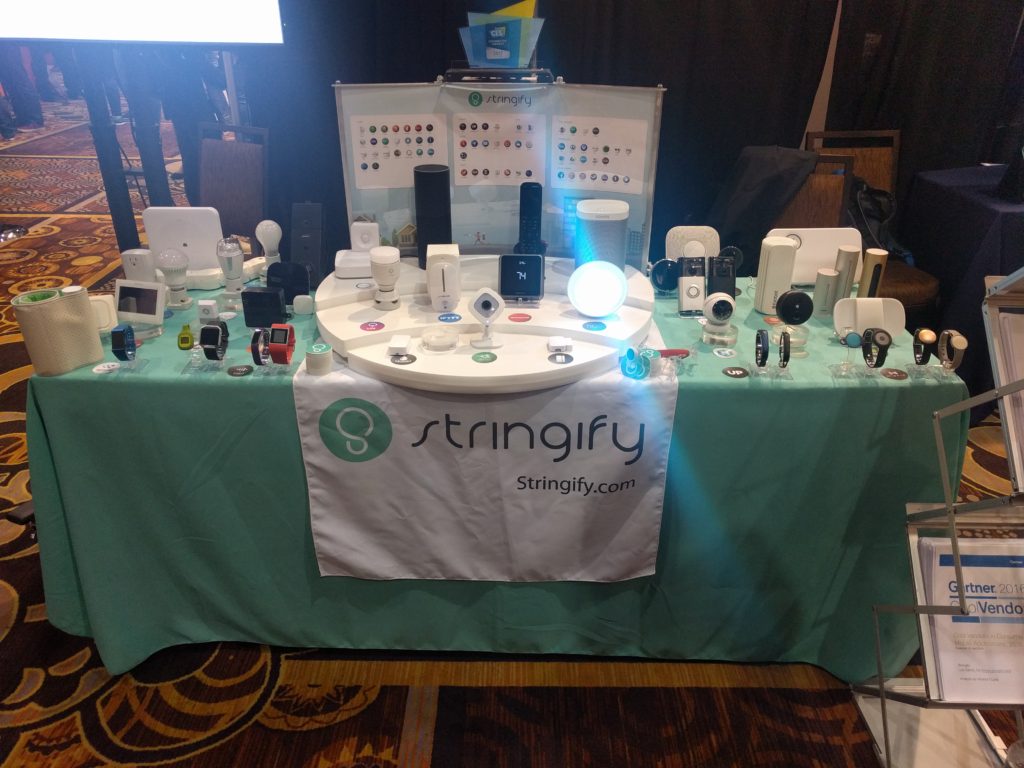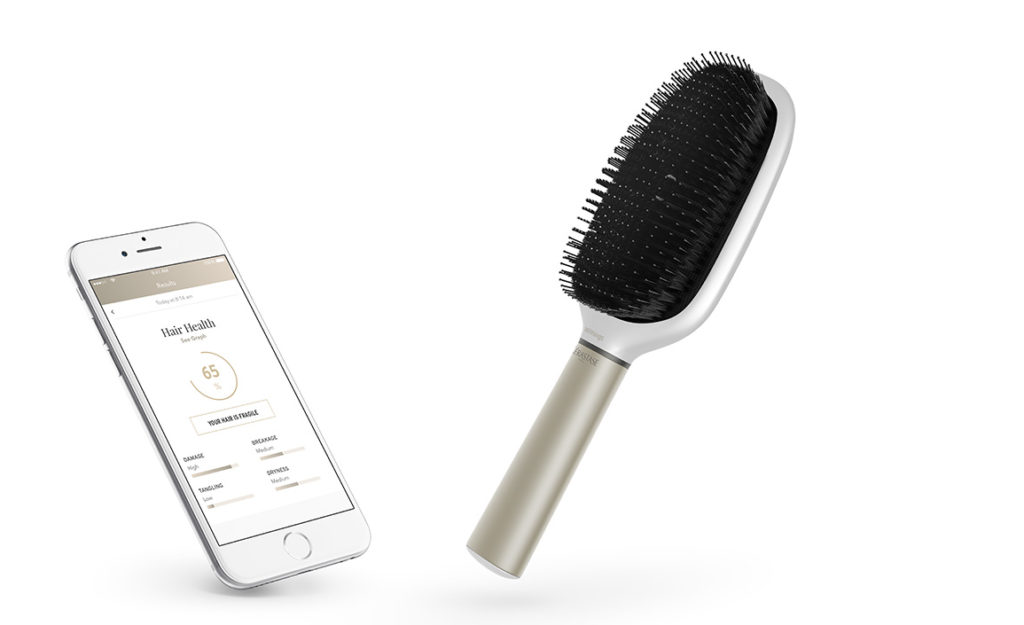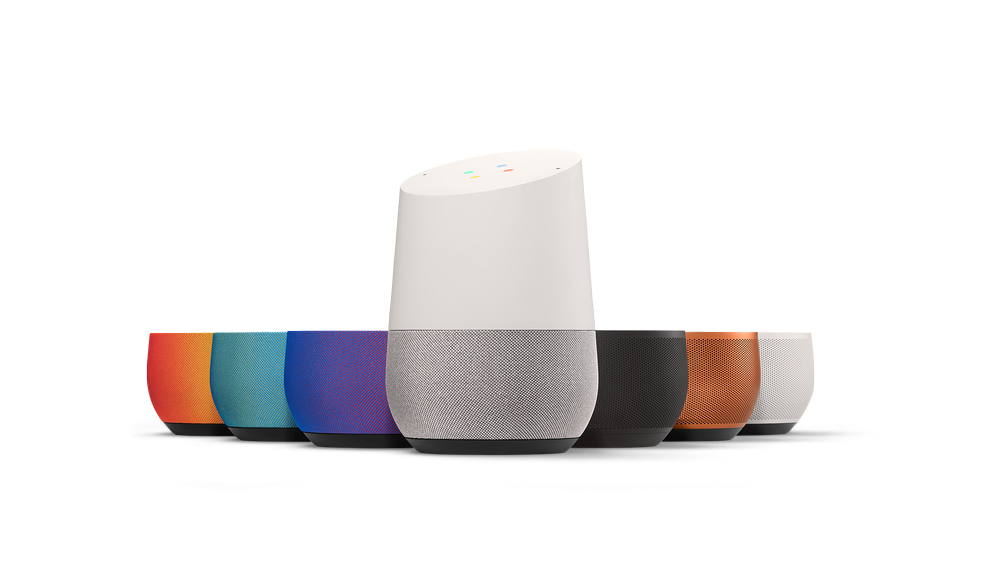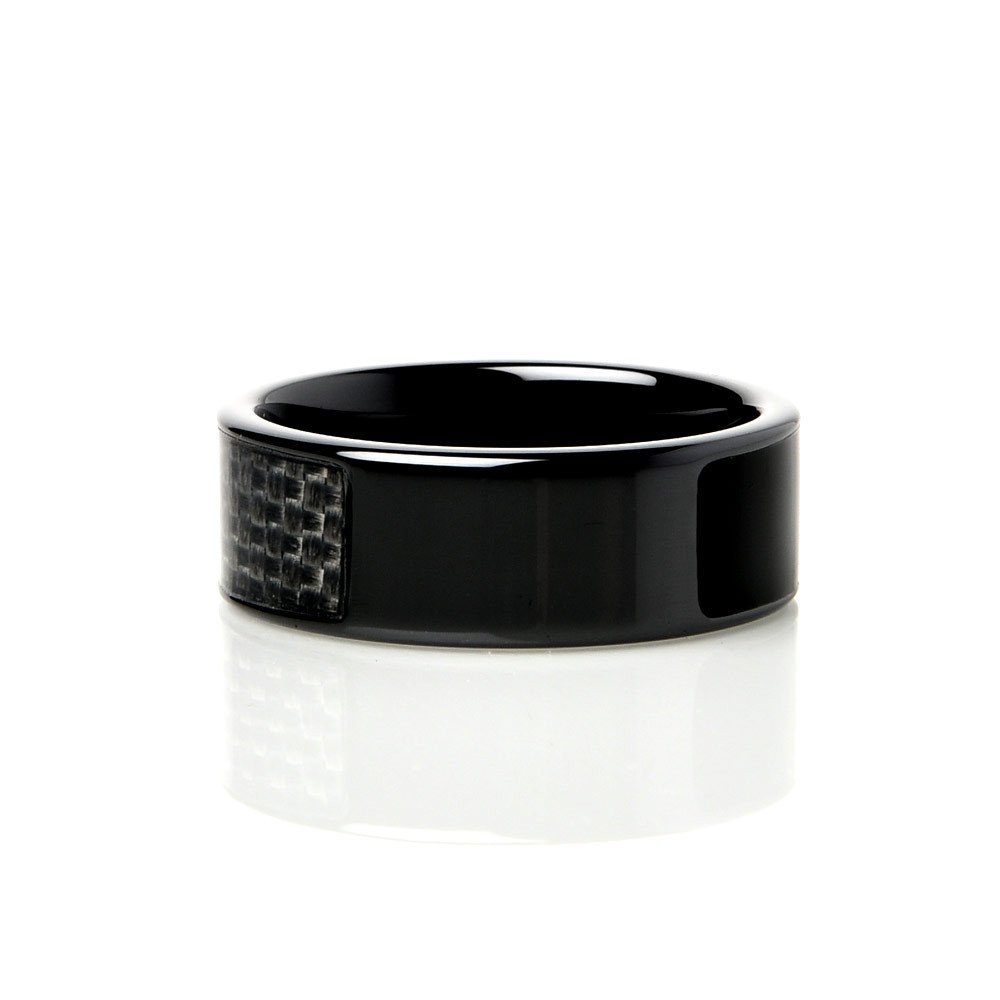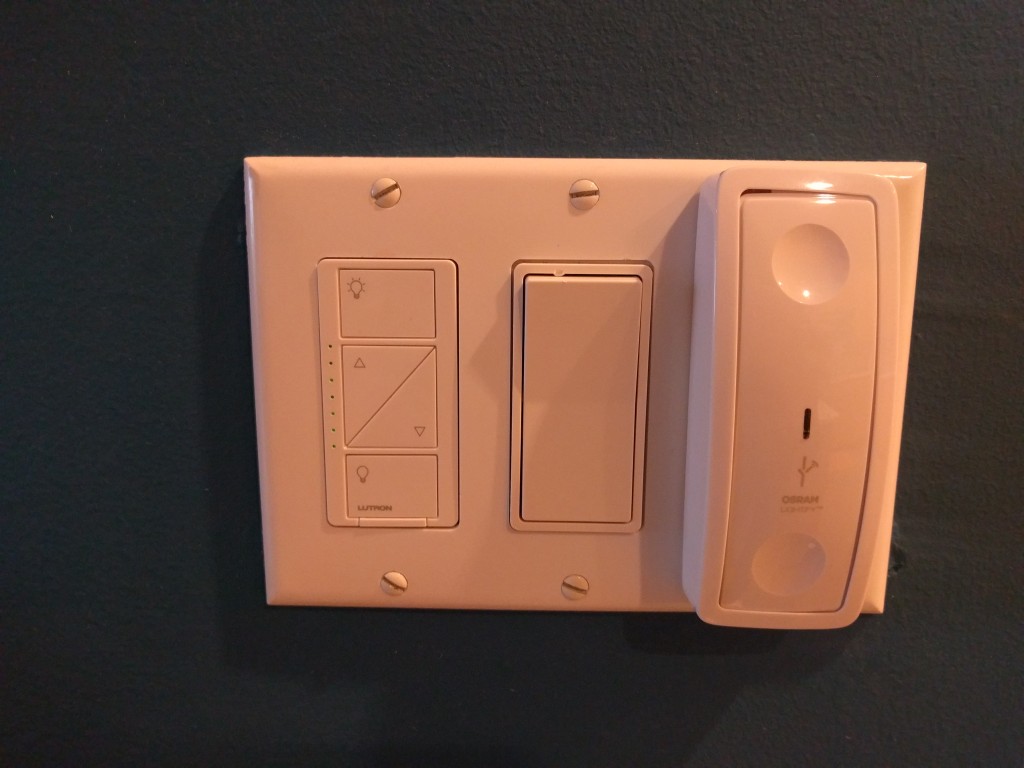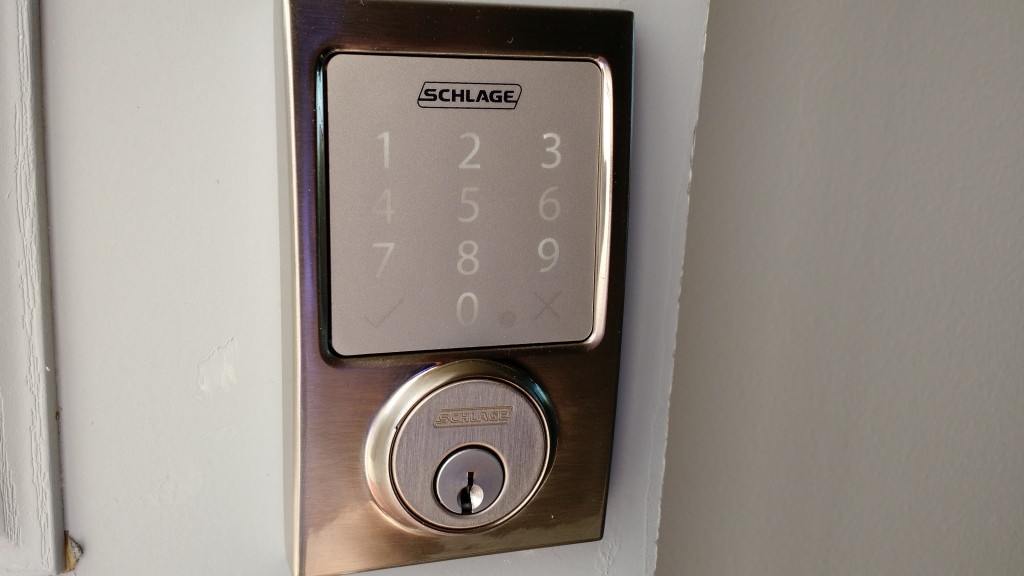This week Intel said it would spend another small fortune buying a chip company, Kevin discusses uses for LIDAR outside of connected cars and the Ring doorbell is embroiled in a security SNAFU. At SXSW this week, I learned about the IoT Design Manifesto and have some thoughts. Kevin discusses a new security flaw that deals with the physical side of cyber-physical systems and my SmartThings and Lutron integration still doesn’t work.
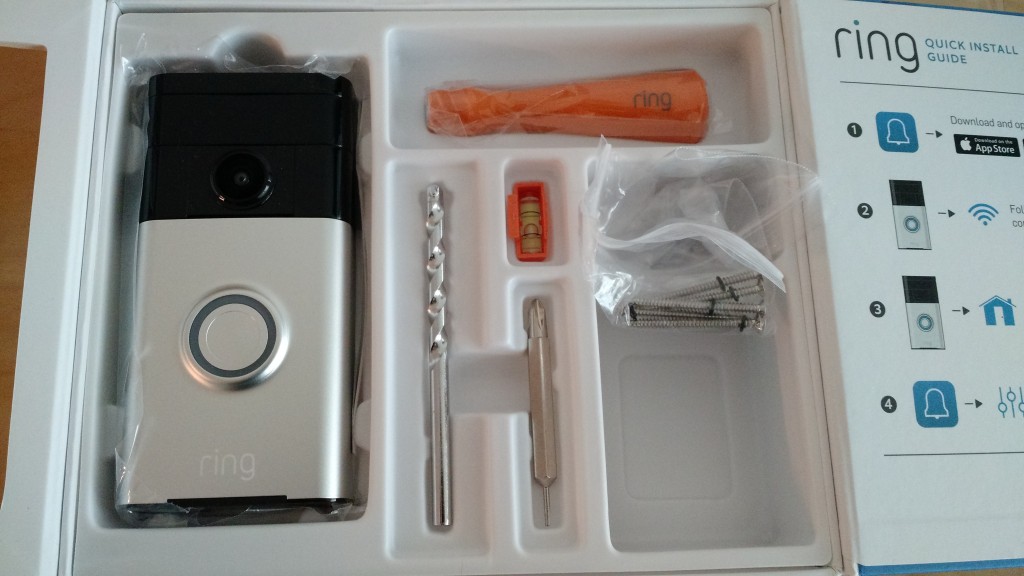
But the best part of this week’s show is my interview with Phoebe Wilkinson, a partner with Hogan Lovells. Wilkinson helps manufacturers defend themselves against class action lawsuits. We discuss what aspects of connected products might be ripe for a future lawsuit and how companies can defend themselves. We also talk about how warranties are going to have to change for connected products. We may also see a revamp of how data opt-ins are handled. Listen up. You’ll learn something.
Hosts: Stacey Higginbotham and Kevin Tofel
Guest: Phoebe Wilkinson, a partner with Hogan Lovells
Sponsors: Samsung ARTIK and WolfSSL
- LIDAR is so hot right now
- Security should be so hot right now
- News from B8ta, Evrythng and applying for Alexa developer credits
- The most likely IoT class action is …
- Let’s rethink device warranties for IoT
Podcast: Play in new window | Download | Embed
Subscribe: RSS

